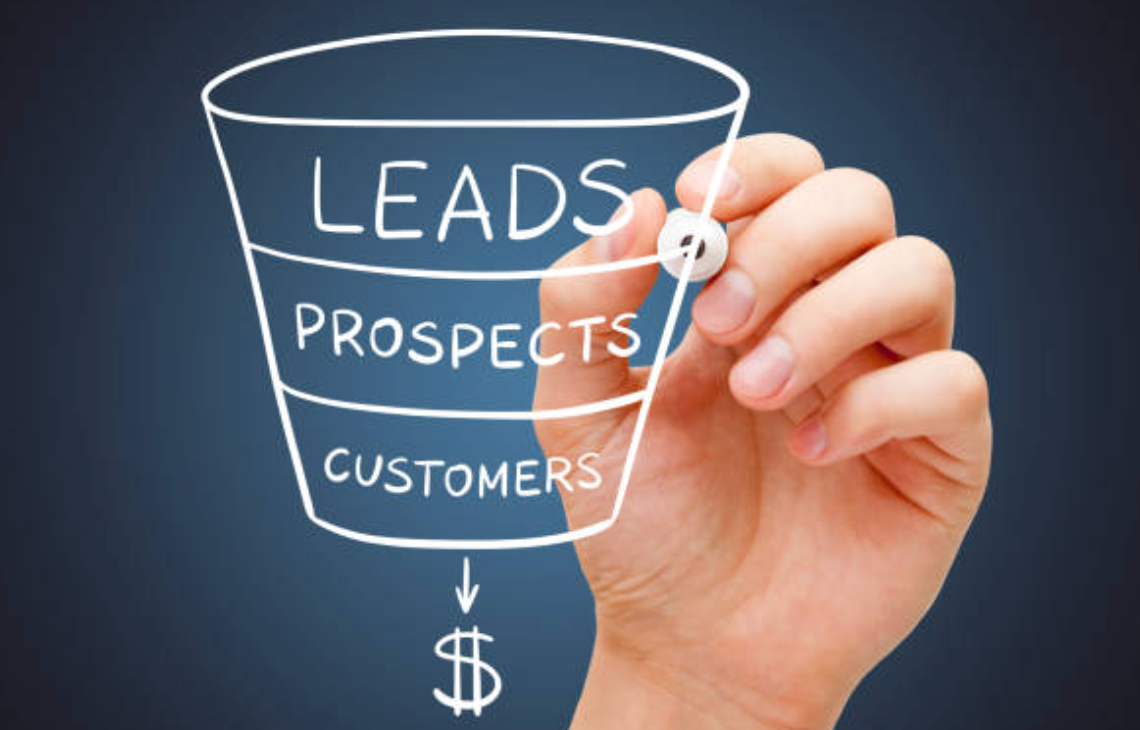Numerous e-commerce business owners find themselves undecided between the two popular options, Shopify and StoreFunnels. Given that both platforms provide distinct methods for developing an online business, this frequently results in confusion and indecision. Which one, nevertheless, is more appropriate for your e-commerce success? Let’s examine the main distinctions between Shopify and StoreFunnels: Which Platform is Better for your business.
Understanding Online Stores and Sales Funnels
To begin with, it’s crucial to comprehend the key distinctions between a sales funnel and a conventional online store. They are fundamentally different from one another despite the common misconception that they are the same. Shopify enables users to build an online store by allowing them to add various products to a storefront. Although this approach can be useful for businesses that want to emphasize a variety of products, it might not be the most effective way to boost sales.
StoreFunnels’s Strategic Approach
On the other hand, StoreFunnels emphasizes the use of sales funnels to accelerate the purchasing process. This platform uses a series of procedures designed to move customers through the purchasing process and toward making a purchase is known as a sales funnel. The goal of a sales funnel is to create assets for your business, such as email addresses and customer data.
When comparing Shopify and StoreFunnels, it becomes evident that the latter offers a more strategic approach to selling products online. Instead of driving potential customers to a cluttered store page filled with various products, StoreFunnels encourages the creation of a focused landing page that highlights a single offer. This landing page is designed to capture the customer’s email address, creating a valuable asset for your business.
StoreFunnels’ Key Advantages and Optimization Features
StoreFunnels continues the process by combining the order form with the payment page, streamlining the shopping experience. This increases the possibility of a sale by lowering the number of clicks needed for a customer to complete their transaction. The addition of upsells, downsells, and subscriptions is also possible with StoreFunnels, which can increase your average cart value and customer lifetime value.
Using StoreFunnels instead of Shopify has several benefits, one of which is the capacity to build highly efficient sales funnels that are tailored to the demands of the customer. By offering quantity break discounts, order bumps, and carefully planned upsell and downsell sequences, you can effectively increase your revenue and build long-lasting customer relationships. Furthermore, StoreFunnels makes it easy to incorporate subscription-based offers, providing you with a steady stream of recurring revenue.
Driving More Sales With StoreFunnels
Finally, StoreFunnels drives more selling points in your sales funnel. You can do this by directing customers to a thank you page after completing their purchase, where they can access exclusive discounts, join your social media channels, or browse other products. By offering these additional incentives, you can capitalize on missed revenue opportunities and encourage customers to make repeat purchases.

Making the Right Choice for Your E-commerce Business
In conclusion, both Shopify and StoreFunnels have their respective merits, but the choice ultimately depends on your business goals. If you aim to create an online store that showcases a wide range of products, Shopify might be the better option for you. However, if you want to optimize your sales process, build valuable assets, and maximize customer lifetime value, StoreFunnels could be the ideal platform to propel your e-commerce success.
By understanding the differences between these two platforms and choosing the one that best aligns with your objectives, you can unlock your full potential in the competitive world of e-commerce. Whether you opt for Shopify’s traditional store approach or StoreFunnels’ sales funnel strategy, it is crucial to remain focused on your ultimate goal: turning cold traffic into loyal customers and maximizing your revenue.

